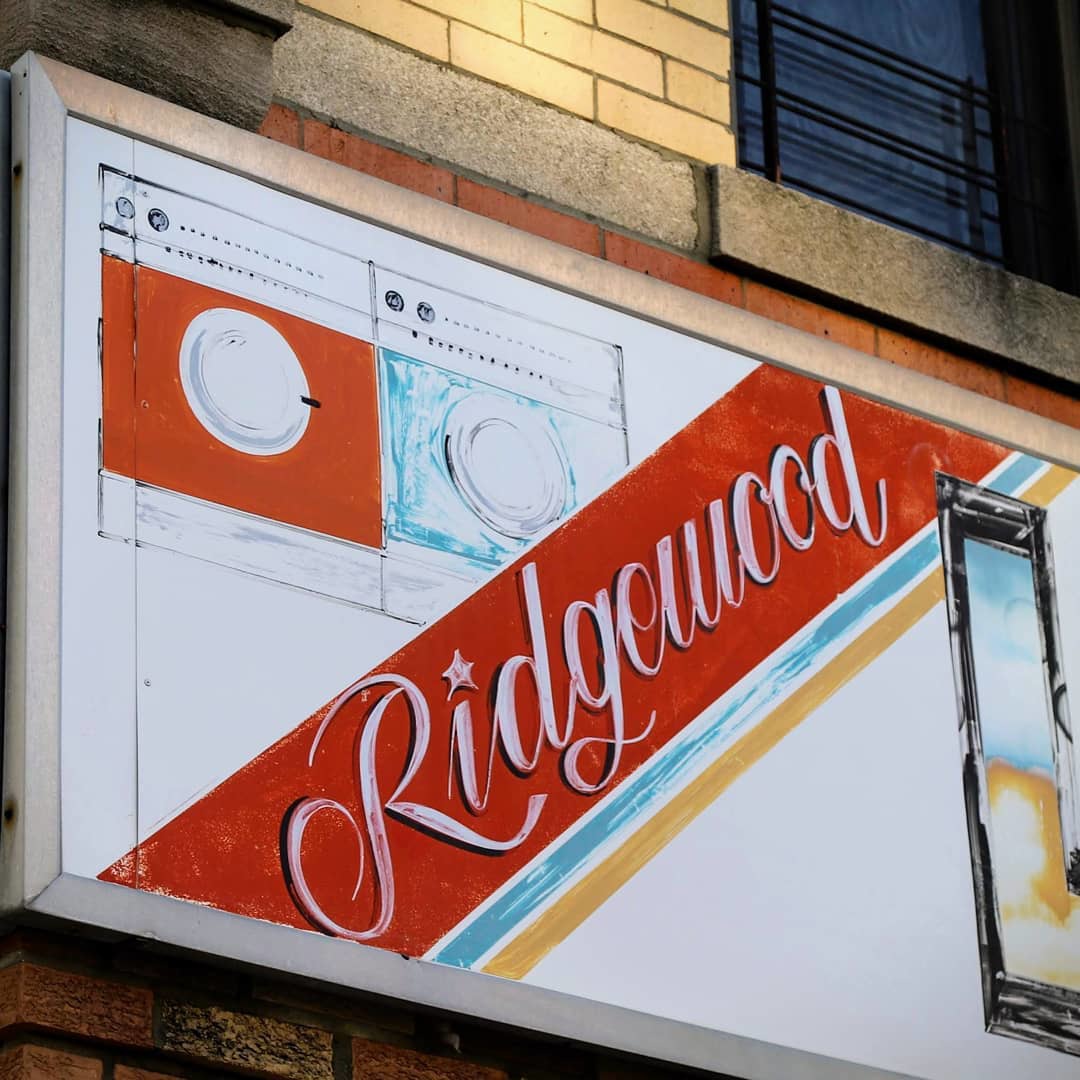On May 2, members of the Ridgewood Property Owners and Civic Association met with local elected officials to discuss the impact of proposed tenant protections bills on neighborhood homeowners and landlords, as reported by QNS.
In the past 10 years, due to gentrification, Ridgewood has lost over 1,460 of its rent-stabilized apartments, and since 2017, 385 homes have been evicted (about 2.1 percent of renter-occupied units). Current legislation that is supposed to protect tenants is not sufficient and leaves room for misuse. On June 15, the laws for rent-stabilized apartments will expire and policymakers are proposing one bill after another to make the rental market a better place. What will this mean for Ridgewood?
The stories never end: evictions are on the rise in Bushwick, tenants fight against landlord neglect, the rent gets increased without reason. Tenant harassment is a problem, especially in neighborhoods that are on the brink of becoming a popular living destination.
One problem with up-and-coming neighborhoods is that developers and corporate landlords sweep in to buy property. They see it as an investment and become invisible landlords seeking highest paying tenants in their buildings, while not caring about neighborhood preservation.
Raquel Namuche of the Ridgewood Tenants Union has seen the demographics and property ownership change in the past five years. “This creates a heavy burden on long-term working class tenants who now are having very hard times paying rents that are no longer affordable,” she explained in an email to Bushwick Daily.
Problems Ridgewood are facing now, according to a short statement given to Bushwick Daily by Council Member Robert Holden’s communications office, include: illegal conversions of one- or two-family homes into three-family homes, high eviction rates, and the replacement of old buildings by modern ones that don’t match the neighborhood’s historical character.
The laws that are currently in place to protect tenants are lacking, and the tenant protection unit responsible for keeping landlords in check is understaffed, making it easy for landlords to bend the rules or blatantly ignore them.

“The loopholes that exist within the current rent laws enable landlords to displace tenants by using preferential rents, major capital improvements, or other means to increase rents that once may have been affordable for tenants,” said Namuche.
New bills are being suggested to implement tenant safety on a daily basis, but there is one package of nine bills that has been getting a large amount of support: the “Universal Rent Control” package, proposed by the Housing Justice for All coalition.
Bills include “ending rent hikes for building renovations” (S3693/A6322), which should make it harder for landlords to increase rent after making minor improvements to the building; the “good cause” eviction bill (S2892A/A5030A), which aims to prevent tenants in almost all apartments—not just regulated ones—from being evicted because of extreme rent increases without a good cause; and “limiting rent hikes for rent-controlled tenants” (S299A/A00167), which would lower the allowed rent increases for rent-controlled tenants.
Assemblywoman Cathy Nolan hopes the State Senate will vote for bills that take all parties involved into account. “We want to see everyone treated fairly,” she said in a phone interview with Bushwick Daily.
According to her, everyone hurts in the current system where corporate landlords take over the market and laws are insufficient. Low-income tenants get pushed out, small occupied-property owners get fooled into selling their homes for too little money, and young people pay too much rent.
This sentiment was echoed in a phone interview by Geoffrey Elkind of the Ridgewood Property Owners & Civic Association, who is concerned that the current framing of the legislative conversation makes all property owners look like the bad guys. Universal Rent Control could hurt small occupied-property owners because of this framing.
Elkind is aware that there are bad actors, but notes that most small-building owners are essentially running a business. He doesn’t believe that there is a “one size fits all” kind of solution, because the types of landlords are too different—a corporate landlord of a big building is not the same as a landlord who lives in one of the few units of their small building. If the same rules apply to all landlords, that could have negative consequences for Ridgewood, believes Elkind.
Owning property comes with costs, so owning one building is not going to make you rich. According to Elkind, a lot of this legislation would make it harder for small property landlords to financially survive, whereas corporate landlords might not be affected as much by the changes. This could mean that it’s no longer worth it for small property landlords to keep their property— which could lead to properties falling into disrepair or ultimately being sold (to larger-scale corporate operations).
To find a balanced solution, Nolan underlined the importance of continued outreach from elected officials and community involvement. “We have to be in it to influence it,” said Nolan, as reported by QNS. “There’s going to be several other hearings including one in Albany, but you do not have to show up to submit testimony. We have a big tenants’ group now in Ridgewood that has been very vocal, but we want all our small landlords to be vocal as well.”
Cover image courtesy of @vintage_signs_of_rid.
For more news, sign up for Bushwick Daily’s newsletter.



